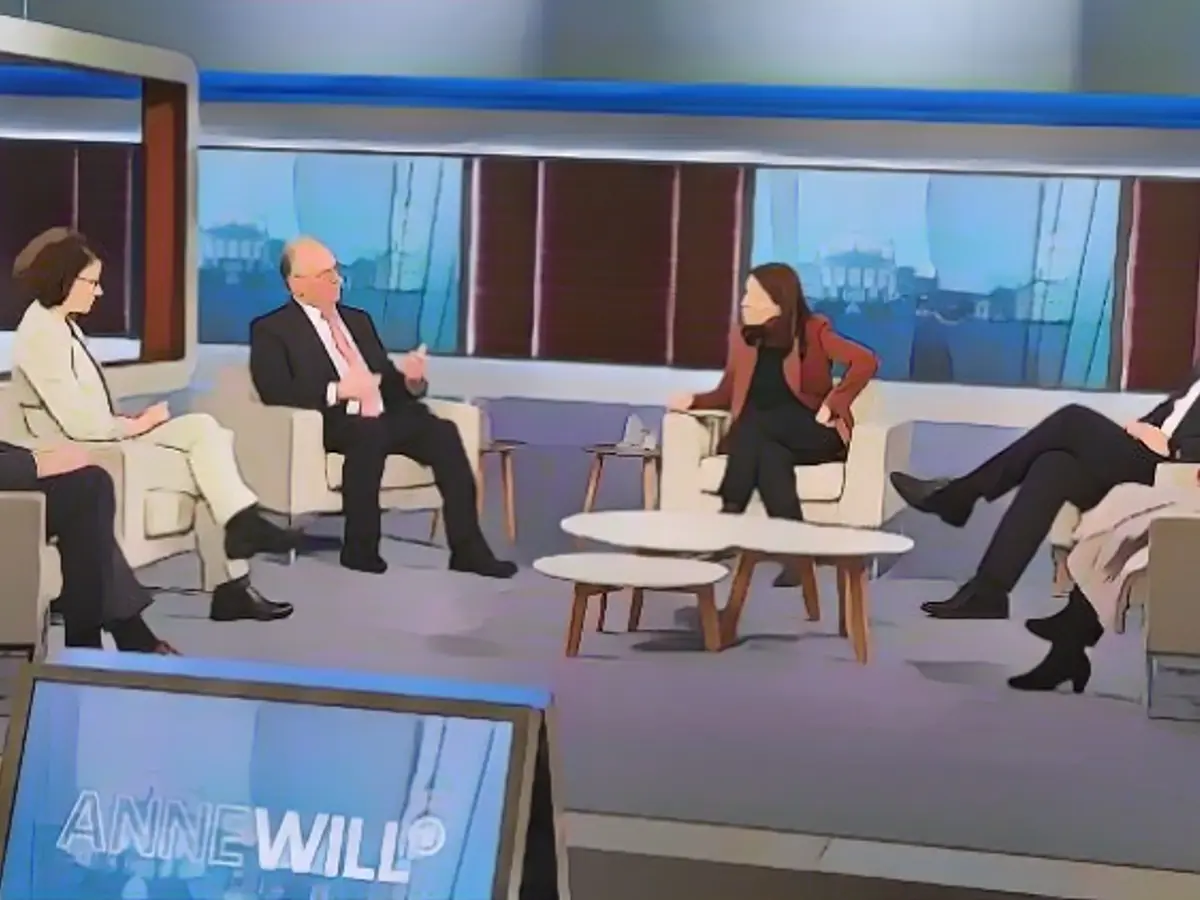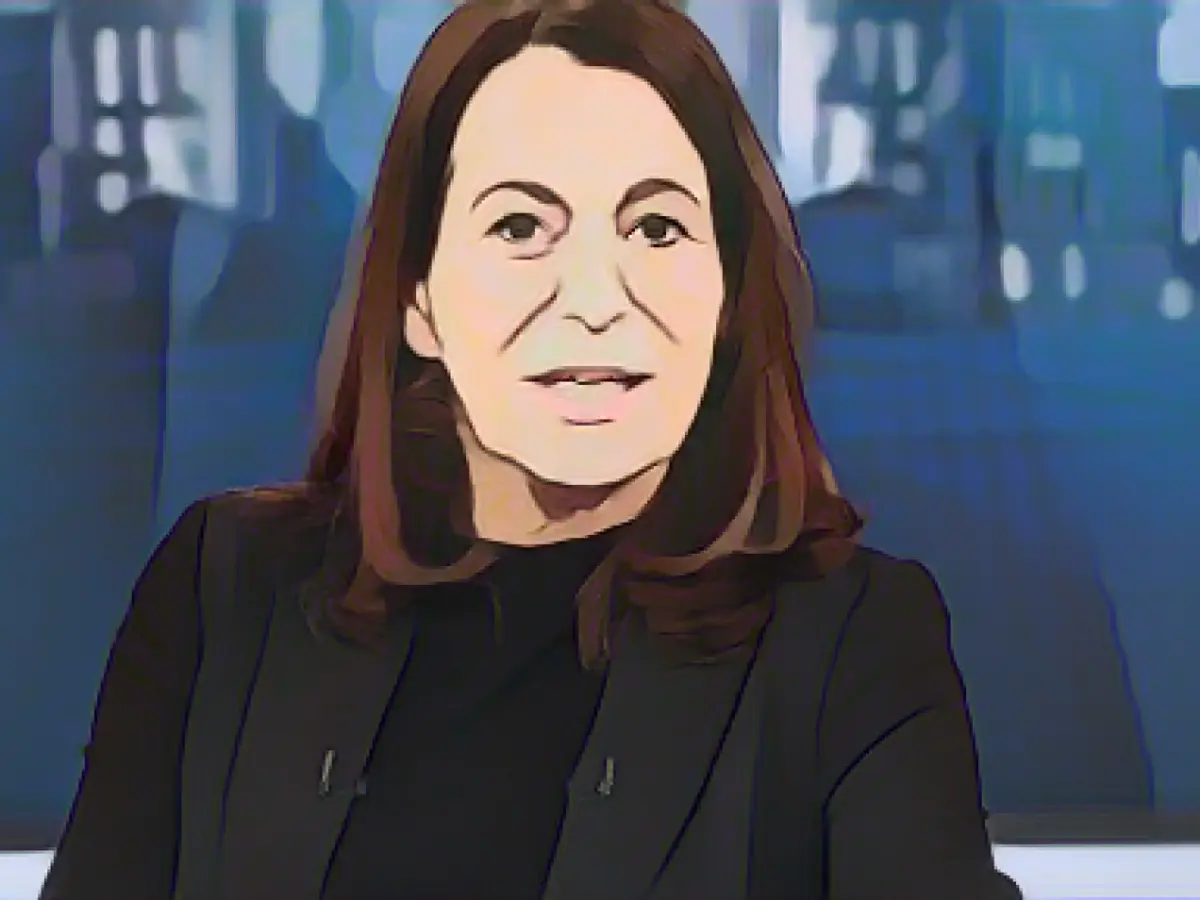Budget Uncertainty: A Raucous Discussion
On "Anne Will," the political emergency surrounding this year's and future budgets of the German government takes center stage. What areas can be trimmed for savings? Is shortage of funds an issue at all? And what lurks ahead for the debt brake? The conversation is lively as our guests wrestle with these questions.
Two minutes and forty-seven seconds. That's the amount of time Chancellor Olaf Scholz has devoted to address German citizens, following the ruling of the Federal Constitutional Court. His video statement is but a teaser of what's to come. However, the message is unclear, leaving people and businesses in a whirl of uncertainty.
Journalist Ann-Kathrin Büüsker voiced her concerns on the show stating that the uncertainty plaguing citizens and corporations is astronomical. She went on to explain that the axing of 60 billion euros from the Climate and Transformation Fund (KTF) affects many facets of life. Companies can no longer rely on investments to be supported by the government, posing a significant problem.
Her colleague, Julia Löhr, agrees, “Our communication is abysmal.” The Chancellor remains largely silent, while the Economics Minister cannot stop talking and shifts blame to the CDU/CSU. Toss in a Finance Minister who muddles his statements, and you've got a government that's unprepared for the worst-case scenario: the devastating ruling by the Federal Constitutional Court and its consequences on budget planning. The resulting imbalances have caught the government off guard, according to Büüsker. “I think that was negligent.”
Lars Klingbeil, SPD leader, tries to steer the conversation away from these past failures and instead focuses on the government's future plans. He assures attendees at the talk round that Chancellor Scholz will address the budget issues on Tuesday, when the budget is put to a vote. However, the opposition remains skeptical, questioning the government's motives and its readiness to tackle these challenges head on.
Reiner Haseloff, CDU politician and head of Saxony-Anhalt, is not lacking in ambition as he attempts to protect his region's interests. The construction of a semiconductor factory by U.S. manufacturer Intel in Magdeburg, slated to receive 10 billion euros in funding, is a priority for him. If negotiations fail, the country's reputation could suffer irreparably, according to Haseloff.
Meanwhile, economist Marcel Fratzscher states that the German government has consistently saved itself into a hole for the past two decades, with net investments consistently negative. This leaves little room for maneuver when facing budget emergencies. He goes on to argue that the distinction between good and bad debt is vital in promoting long-term economic growth, such as investments in education.
However, not everyone agrees. Julia Löhr, a journalist from the Frankfurter Allgemeine Zeitung, suggests that Germany is swimming in money, and the focus should instead be on spending wisely. She advises against the popular notion that Germany is saving itself into the ground, arguing instead that politicians need to prioritize spending and communicate more transparently.
One topic that stirred strong emotions was the elimination of subsidies for the steel industry. While some view the sector as nonsensical in Germany, others see the sector as an essential part of the country's industrial landscape. The resulting disagreements between the guests and the audience led to a heated exchange.
In conclusion, the German government faces an uphill battle to address the repercussions of the Federal Constitutional Court's ruling and make the necessary adjustments to their budgeting policies. And with the upcoming elections, there's little time to waste.







